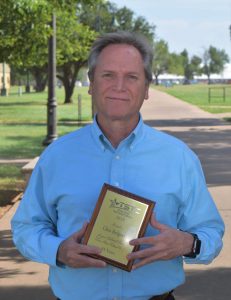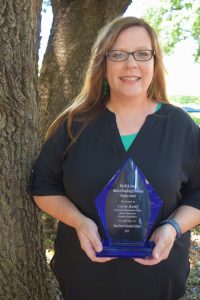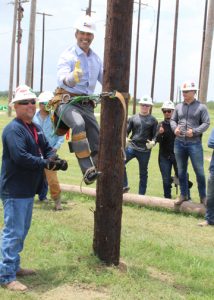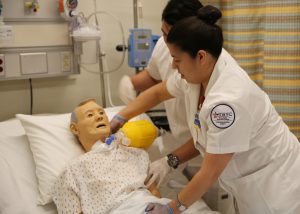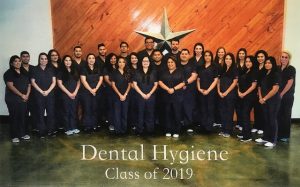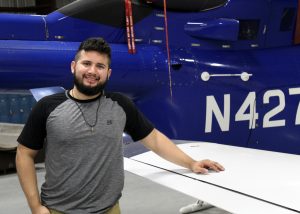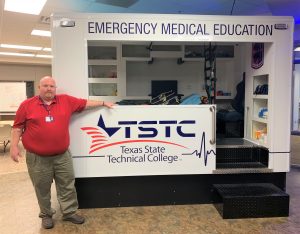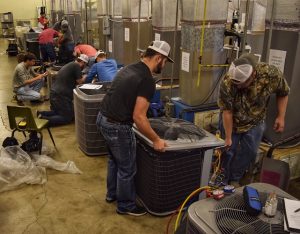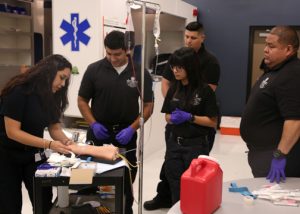(SWEETWATER, Texas) – Sweetwater native Glen Bedgood was recently recognized for his exceptional 35 years of service to Texas State Technical College during TSTC’s Employee Appreciation Day.
Since graduating from East Texas State University, now Texas A&M University-Commerce, as a double major in computer science and commercial art, Bedgood has spent his professional career serving the students and employees of TSTC.
“I just felt, and still feel, like this place was my calling. After I graduated college, I came back home to Sweetwater, and it all just fell into place that I should be at TSTC,” Bedgood said.
Although Bedgood serves as the senior internal systems analyst for TSTC Human Resources, he has worn many hats during his time at TSTC. He says each job has allowed him a rare chance to understand all the roles at the college and helped him better relate to his TSTC teammates.
His dedication to efficiency and putting the ‘human’ in human resources has made him stand out to his co-workers over the years.
“35 years — what an exceptional milestone! Glen has held many positions at TSTC, and his success is due to his attention to detail, job knowledge, and ability to communicate with all he interacts with,” TSTC Provost Rick Denbow said.
To one employee in particular, watching Bedgood receive his 35-year plaque was a very special moment.
Jacob Bedgood, Glen Bedgood’s son and a TSTC graphic designer, said the moment put into perspective how much his father has dedicated to the college.
“Having grown up only ever knowing my dad to be a TSTC employee, it doesn’t always hit me just how much of his life and his energy he’s devoted to this organization,” he said. “It’s certainly a lot to live up to, both as a son and as a fellow employee. But I’m fortunate to have him setting that example for me. I’m definitely proud of him.”
One of Glen Bedgood’s favorite things about working at TSTC is the opportunity to make a positive change in a person’s life.
“There is something about sharing knowledge and teaching that is just really fun, and I love it. I truly believe in the mission here at TSTC and seeing students succeed,” he said.
While 35 years may sound like a long time, Bedgood has no intention of leaving anytime soon.
“As long as I am doing good for the college and can make a difference, I don’t know why I would ever leave. This is a job I love,” Bedgood said.
For more information about TSTC, log on to tstc.edu.
Glen Bedgood was recently recognized for his 35 years of service to Texas State Technical College.
